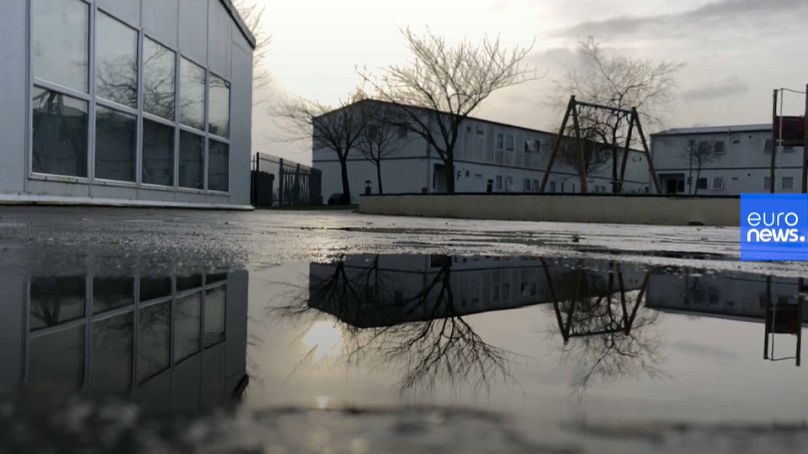Although there has been campaign discussion of Ireland’s housing and economy, there has been little about ‘direct provision’ and those in it.
Millions of Irish voters were at the polls on Saturday to elect a new parliament in a general election in which the country’s traditional two main parties are facing their toughest ever challenge.
 ADVERTISEMENT
ADVERTISEMENT
 ADVERTISEMENT
ADVERTISEMENT
Fine Gael, the centre-right incumbent party, is under pressure from voters over domestic issues despite praise for the way its leader Leo Varadkar has handled Brexit.
Its historic opponent, Fianna Fail, led by Micheal Martin, also faces tough opposition from nationalists Sinn Fein and even radical new parties such as People Before Profit (PBP).
Although there has been discussion of Ireland’s housing, the economy and the long-term potential for a cross-border ‘unity poll’ on the reunification of Ireland, there has been comparatively little discussion about the administration system for asylum seekers, known as ‘direct provision’.
RELATED: Irish general election 2020: What you need to know
Ireland’s Department of Justice says the direct provision system, which began in 1999, now has 39 privately-operated government centres containing 6,350 asylum seekers.
Here is what some of those in the system think about Ireland’s election, and the issues facing voters.
Bulelani Mfaco, from South Africa, came to Ireland in 2015 when he secured a scholarship to study a masters degree at UCD in Dublin. He sought asylum in 2017 because he feared going back to South Africa as he used to face racism in his city for being LGBT.
Mfaco has been living in direct provision for two years.
‘’It will be great if we have candidates who's committed to approaching the system of direct provision and having asylum seekers live in the community rather than centres like Knockalisheen,’’ he told Euronews.
He adds that direct provision and emergency hotels cost a lot of money; for example the Irish government spends 3,000 euros per month on one asylum seeker living in a hotel, which could be used instead on assistance towards more independent living.
Ashraful Islam, an asylum seeker from Bangladesh, fled due to the fear of being arrested by authorities as he was an active member of an opposition political party.
He has been living in direct provision for five years, and is still awaiting a decision on his status from Ireland’s International Protection Office.
While Ireland is a beautiful country, he says, asylum seekers do not enjoy all that it has to offer.
‘’Our life is very bad,” he says. “We don’t say anything because I have been waiting more than five years and no answer yet.”











